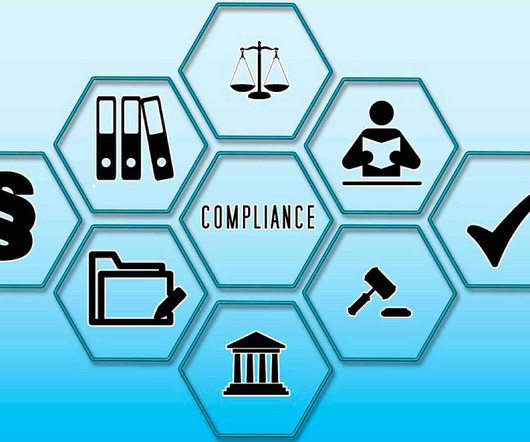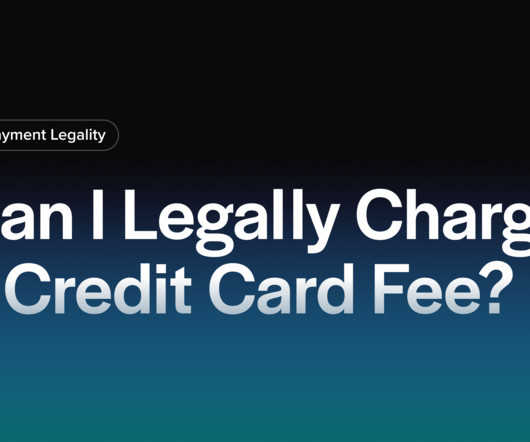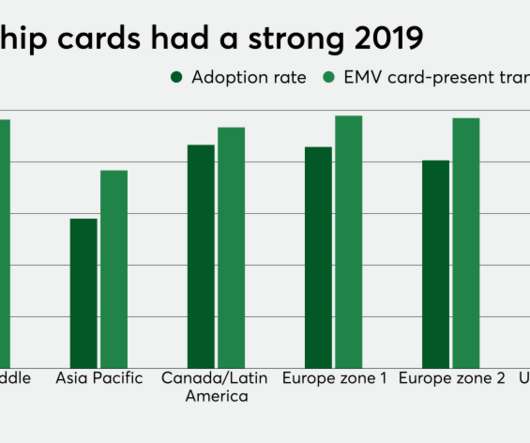Credit Card Surcharge Guidance: A State-by-State Overview of Surcharging Laws
Stax
JULY 30, 2024
Credit cards are incredibly convenient as a payment method. Unfortunately for them though, credit card payments come with a cost. billion in fees for accepting Mastercard and Visa credit cards in 2023. This was, in fact, the first time that swipe fees for these two card networks crossed $100 billion.
















Let's personalize your content